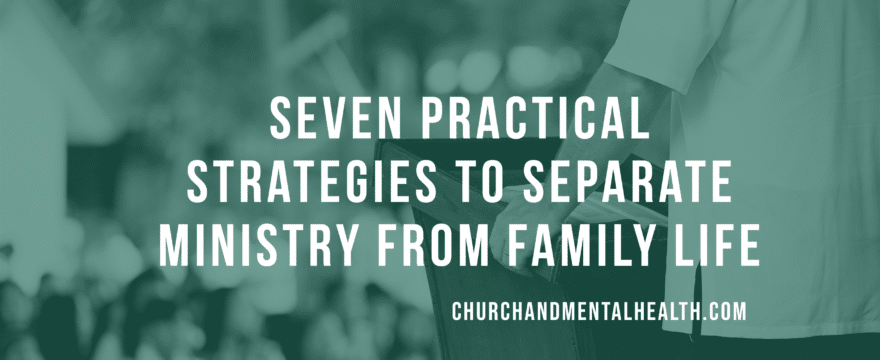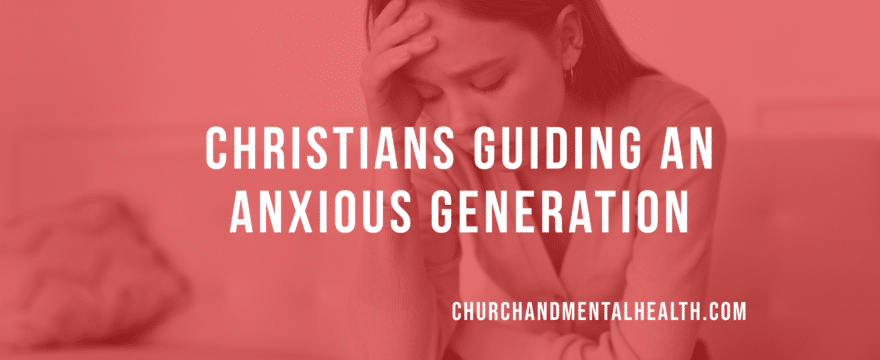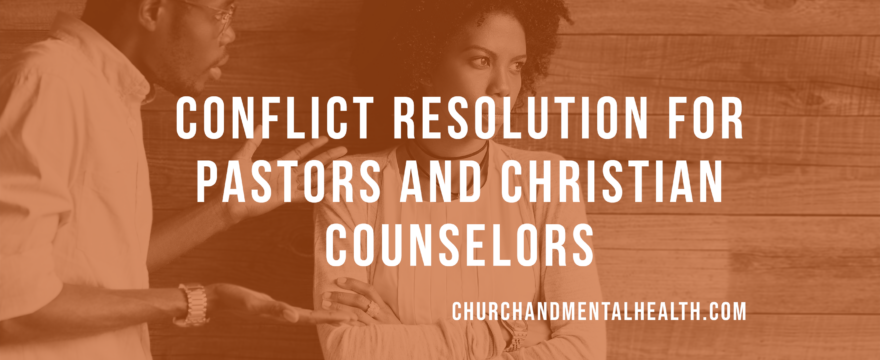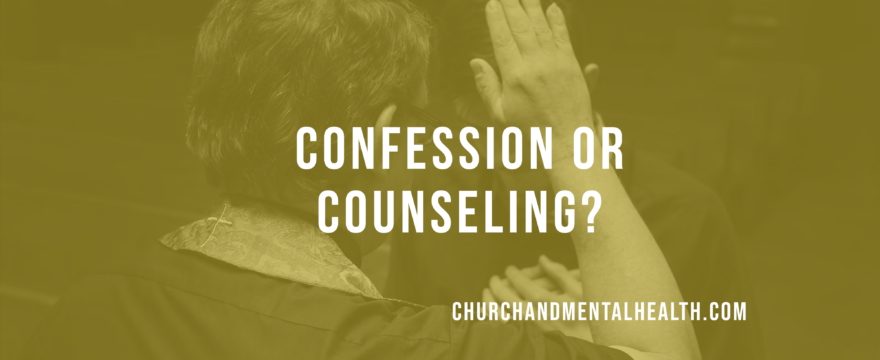When it comes to the intersection of faith and mental health, knowledge is power. Whether you’re a pastor, church leader, counselor, or passionate about creating a mentally healthy church environment, equipping yourself with the right resources is vital. Check out our list here. Over the years, we’ve discovered many impactful books that address these vital topics, and we’ve curated an updated list to help you navigate this journey.
This list includes books that range from practical ministry guides to deeper dives into psychology and theology. No matter where you are in your understanding of mental health, there’s something here for you.
[Read more…] about [Updated] Books We Recommend








